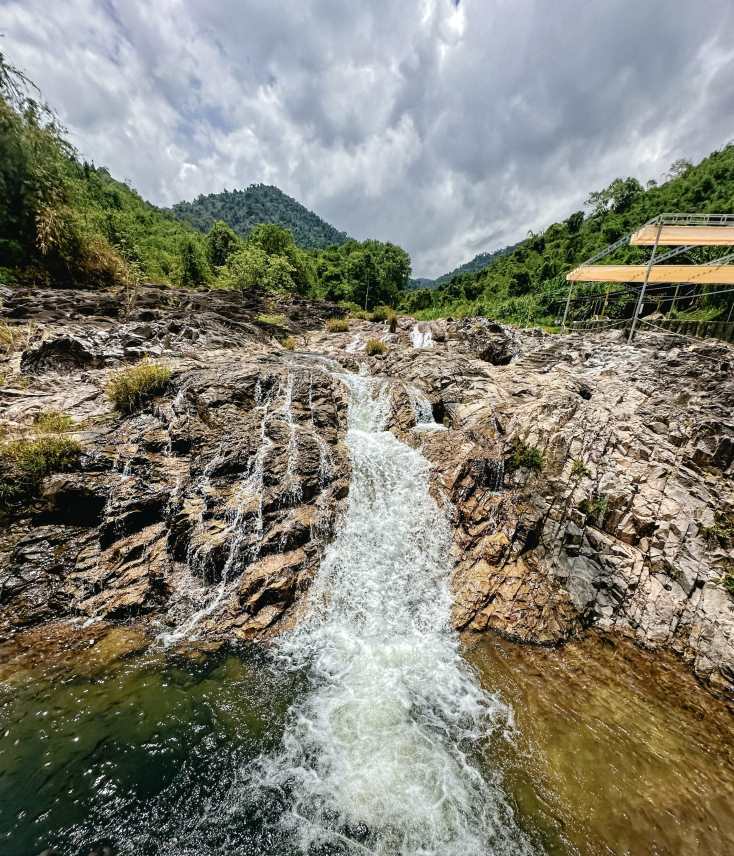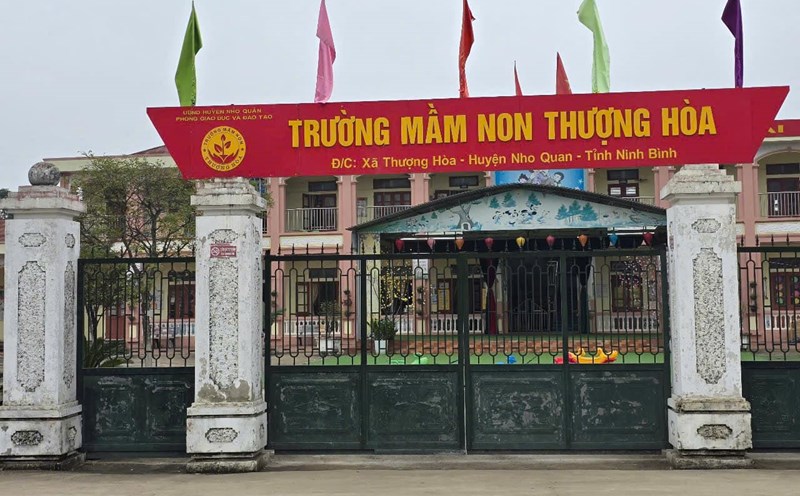Onsen is another name for hot springs. As a country with many active volcanoes, Japan has many natural hot springs.
Toji, " Treatment with hot water", is a mineral shower therapy that has been around for centuries in Japan. In the past, people often kept onsen areas for at least a week, or even longer, to bathe many times a day as a treatment for different diseases.
Today, onsen trips to recover are still very popular, but most only spend one or two days immersed in the natural mineral water, because not many people have enough time for a week (or more) to relax in the hot spring amidst the bustling modern life.
Studies show that mineral bathing habits are one of the weapons that contribute to the longevity of Japanese people at the highest in the world. According to statistics, on average, Japanese women can live to 87.45 years old and men will reach 81.41. 2020 is also the first year that the number of Japanese people aged 100 and over will surpass 80,000, of which women account for more than 88%.
In addition to helping relax muscles, a Japanese study conducted by Ehime University in Matsuyama found that regular hot showers are associated with better cardiovascular and circulatory health. People who take a hot shower at least five times a week have lower signs of atherosclerosis. Researchers asked more than 800 older Japanese people about their bathing habits, with the definition of 'hot' water being over 41°C, and found that their average bathing time was 12.4 minutes.
Another study organized by Rinnai after a nationwide survey of 50 people in each province in Japan showed that 53% of people take a bath every day in winter, an average of 5-24 minutes.

Professor Hayasaka Shinya of Tokyo City University, who supervised the survey, said that showering will warm the body and improve blood flow, reducing the feeling of cold. The basic and healthy way to shower is to take a 10-minute soak at 40°C and the best time is 90 minutes before going to bed.
Previously, Mr. Hayasaka has studied the health benefits of bathing or relaxing in a natural "onsen" hot spring for more than two decades. This is a therapy that helps people relax both physically and mentally, improve health, and prevent diseases.
Similarly, according to Dr. Shivani Amin, a Los Angeles-based functional medicine physician, there are many benefits to incorporating Toji water therapy into your daily routine. The first benefit is relaxation.
Dr. Amin says the warm water of hot springs helps relax muscles, reduce stress and can help promote better sleep. Another benefit of this therapy is healthy skin, as the water you soak in is often rich in minerals. Water cleans and rejuvenates the skin, improving the texture and overall health of the skin.
Hot mineral shower therapy can also improve your cardiovascular health. The temperature from the water helps improve blood circulation, which is essential for detoxification and nutrient distribution throughout the body.
In addition, research shows that bathing in hot springs or "hot spa baths" can be extremely beneficial for your mental health. According to a 2023 study published in Heliyon, individuals in Japan who took hot water spas had a positive impact on their overall mental and physical health.
Many other studies have found that individuals need health support in their daily care. Hot mineral baths are gradually being introduced to each family apartment, instead of resorts. Practicing hot springs at home can be extremely beneficial in improving their overall care, thereby preventing diseases and improving the quality of life.











